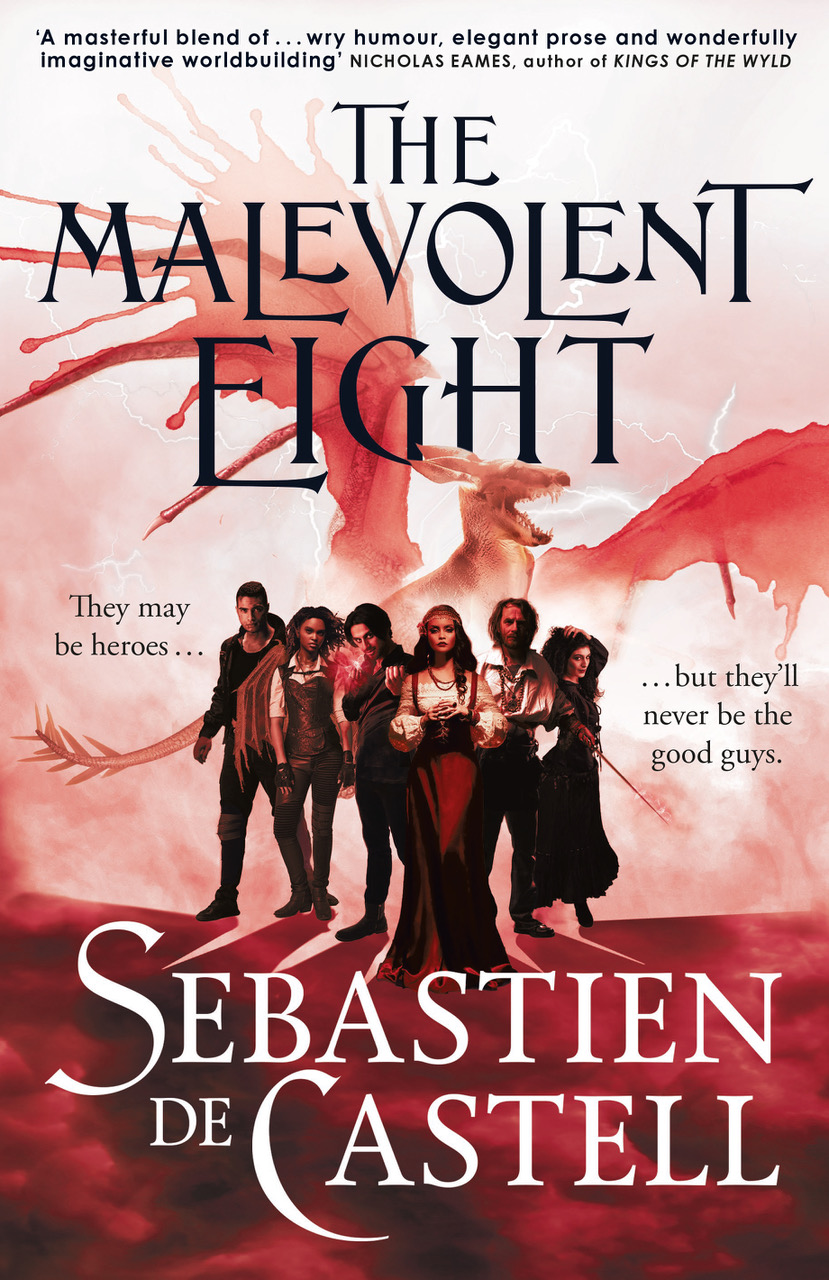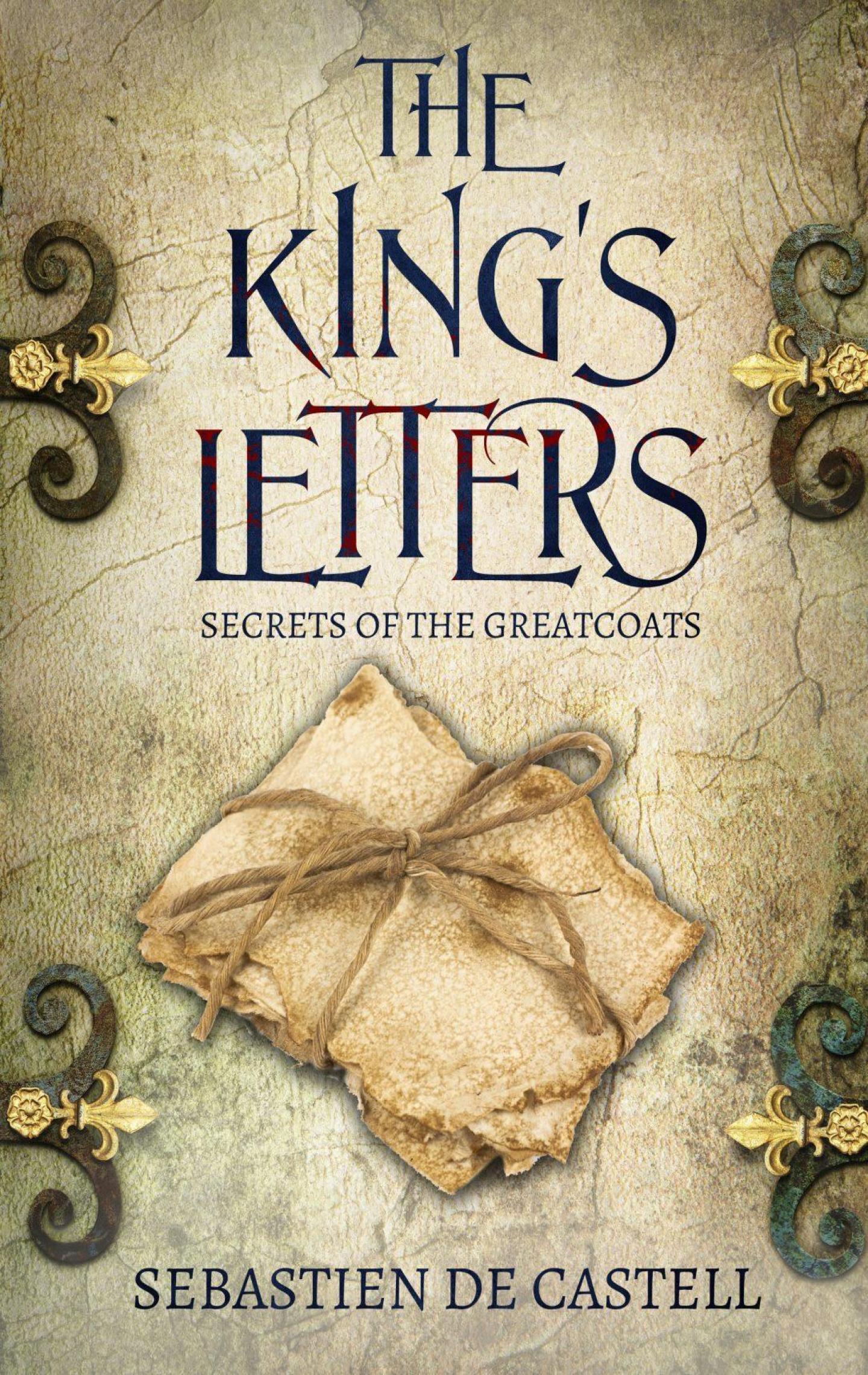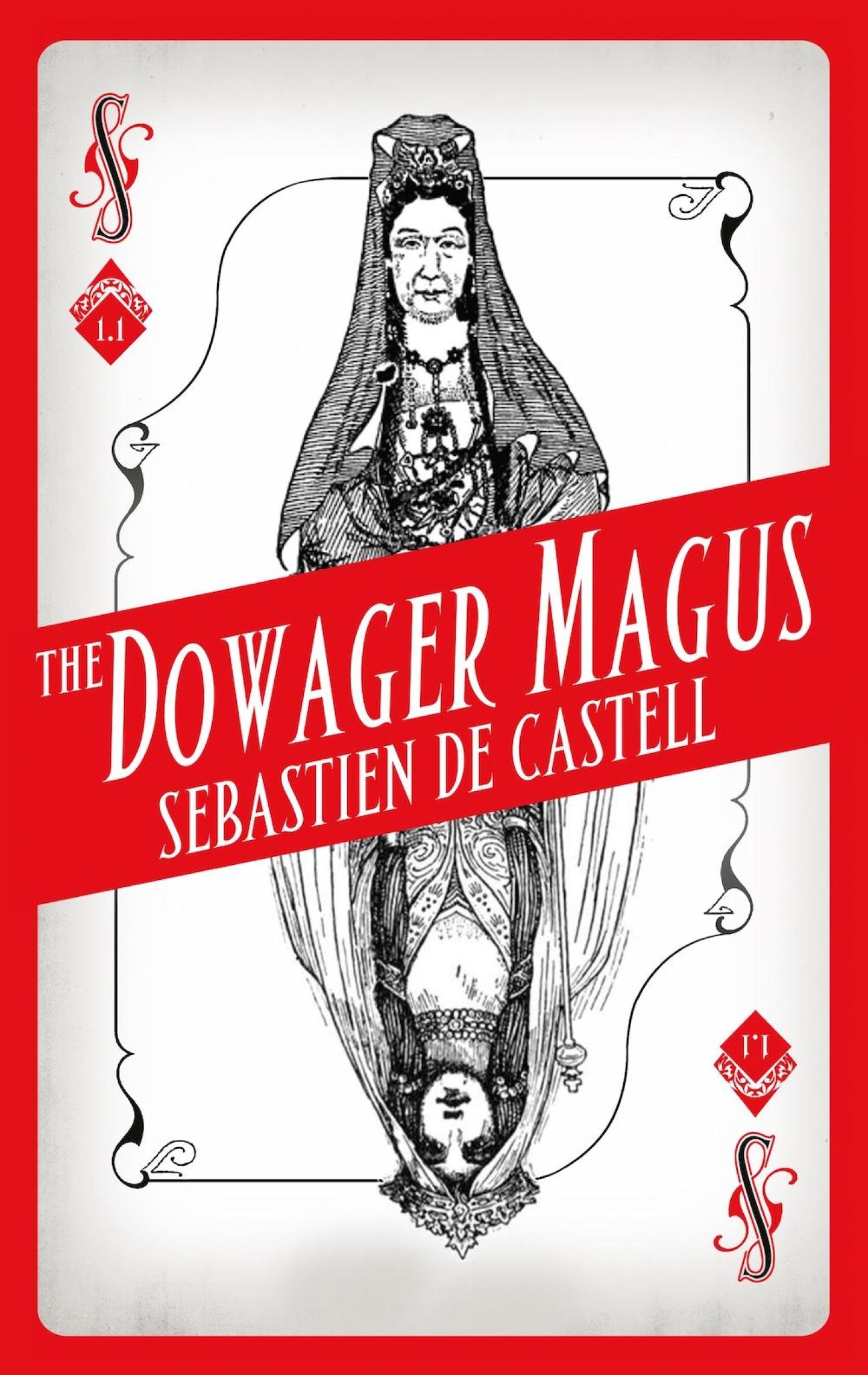The Mender of Soles
Shakespeare’s Julius Caesar is a tragic play fraught with intrigue, betrayal, and murder that makes us question the very foundations of human nature.
It starts with a joke.
To be more precise, the first scene is a series of puns in which a nobleman is made ridiculous to the audience by a cobbler who refers to himself as a ‘mender of soles’ (which, of course, the nobleman hears as ‘souls’.) It’s a remarkably clever scene that no doubt set the audience of the Globe Theatre in 1599 falling out of their seats from laughter. But what follows is the destruction of friendships, the breakdown of civil society, and an unending series of killings until the world of the play becomes utterly desolate. So why on earth does Shakespeare start with a joke?
Using Humour To Bring The Audience Into The Story
People in sixteenth-century England lived in an era where war, disease, and crime were all a part of daily life. Imagine what that was like – knowing that those you cared about might well get sick and die at any moment, and you yourself could be called up to war and never come home. Now imagine sitting in the theatre and watching a couple of poncy actors get up during the first act and proclaim, ‘O, I am slain!’ You’d probably think it was ridiculous. In fact, you might even break out laughing – for all the wrong reasons. So Shakespeare used a series of opening puns to set the audience at ease. He convinces us, however briefly, that despite the play being titled The Tragedy of Julius Caesar, everything is going to be okay. Then he drops a little murder and mayhem on us and makes us squirm.
For modern writers there’s an almost mandatory convention of starting in medias res (“in the middle of things.”) Authors are expected to start with a bang – often as not from a bullet leaving the barrel of a gun. While it’s true that this gets the action started right away, it can often come at the cost of making the violence feel trite. After all, we had no particular reason to care about Mr. Smith, so why should we care that he’s just been shot? Or, conversely, that the hero or heroine just saved him?
Death on its own isn’t dramatic. Any remotely informed human being is aware that countless deaths are taking place all over the world all the time.. In fact, several people have died since you started reading this. And yet, most of us aren’t reacting to those deaths at all because we don’t have a context in which to feel the sense of loss that those deaths entail. Loss, and the possibility of loss, are the real basis of drama. It’s only when we sense jeopardy for our characters – the fear that they’re about to lose something precious – that we become engaged in their drama.
Modern fantasy has, for the most part, taken a turn towards the darker side of our imaginations. This is natural and reflects our need to explore our anxieties about the modern world in a different setting, just as noir novels and films did in the 1940’s and 50’s. But as in Shakespeare’s time, the audience isn’t always going to buy it if you just start with intentionally manipulative melodrama. Humour allows us to open with the characters in a dark place but still have the sense that there is something meaningful for them to lose.
Using Humour To Reveal Character
Another benefit of using humour inside of darker stories is as a way of revealing character. The spectrum of topics, forms, and styles of humour is so vast that the jokes we tell others reveal a great deal about us. Is your character a sexist pig who uses gutter humour in a way that unintentionally demeans those around him? Or perhaps he or she is a prude whose sense of humour lets us see how naive they are about the world around them. Think of a time that you told a joke when first meeting a potential love interest only to realise it was utterly inappropriate. The choice of joke – and the way you cringe at the memory of it – reveal a great deal about your background and sensibilities.
Using my own novel, Traitor’s Blade, as an example (if only because I know why I put things where I did), each of the three main characters has a different sense of humour that reveals something about them to the reader. Brasti loves nothing better than a good bawdy joke. He uses them as a way of reasserting a sense of normalcy about the world. As long as he still thinks it’s funny, life must be okay. Kest, on the other hand, is well known for never telling jokes. That’s why, when he suddenly tells one, we know something profound is happening to him. And finally, Falcio, who usually prides himself on his dry, sophisticated wit, finds himself at a loss when other characters point out how demeaning his cleverness can be.
Using Humour To Intensify Dark Scenes
Not every use of humour in a novel needs to be funny. Bitter humour – the joke told by your character that is never intended to produce a laugh – can actually emphasize the sense of loss the reader feels. For me this tends to work best towards the end of the second act of a novel when things have fallen apart and the characters haven’t figured out how to move forward. Black humour tends to pin us inside of a particular moment – forcing us to feel how dangerous the situation has become.
In Traitor’s Blade, Falcio does this in the dungeons of Rijou when he refers to his unnamed torturer as “Ugh” because that’s what comes out of Falcio’s mouth whenever the torturer hits him. It’s not a funny joke – rather, it amplifies our understanding that Falcio is at the end of his rope.
Conversely, sometimes you might want to use humour as a way of revealing hidden reserves of strength within the character. You can show them in the depths of their worst moment and just when it seems they’re about to drown in it, they say something that, while not actually funny, reveals a desire to make things better.
Using Humour To Heal The Story World
Many of the classic models for explaining narrative structure, such as the Hero’s Journey, emphasize the notion of returning the world to order at the end of the story. In fact, the hero’s role in the story is often to re-establish the natural order that had been shattered by outside events. But in dark fantasy there are usually profound consequences for the actions taken by the hero – ones that prevent us from having a traditional “happy ending” in which everything is back to normal (and in which ‘normal’ is a good thing.) Humour can be a tool for showing that, even though the external world has changed, there is still the potential for healing.
Note: This article originally appeared in Fantasy Faction back in 2014.





 Les vieux maîtres de sort aiment raconter que la magie a un goût. Les sorts de braise ressemblent à une épice qui vous brûle le bout de la langue. La magie du souf e est subtile, presque rafraîchissante, un peu comme si vous teniez une feuille de menthe entre vos lèvres. Le sable, la soie, le sang, le fer… cha- cune de ces magies a son parfum. Un véritable adepte, autre- ment dit un mage capable de jeter un sort même à l’extérieur d’une oasis, les connaît tous.
Les vieux maîtres de sort aiment raconter que la magie a un goût. Les sorts de braise ressemblent à une épice qui vous brûle le bout de la langue. La magie du souf e est subtile, presque rafraîchissante, un peu comme si vous teniez une feuille de menthe entre vos lèvres. Le sable, la soie, le sang, le fer… cha- cune de ces magies a son parfum. Un véritable adepte, autre- ment dit un mage capable de jeter un sort même à l’extérieur d’une oasis, les connaît tous. 'I totally saw this coming,’ Reichis growled, leaping onto my shoulder as lightning scorched the sand barely ten feet from us. The squirrel cat’s claws pierced my sweat-soaked shirt and dug into my skin.
'I totally saw this coming,’ Reichis growled, leaping onto my shoulder as lightning scorched the sand barely ten feet from us. The squirrel cat’s claws pierced my sweat-soaked shirt and dug into my skin. The way of the Argosi is the way of water. Water never seeks to block another’s path, nor does it permit impediments to its own. It moves freely, slipping past those who would capture it, taking nothing that belongs to others. To forget this is to stray from the path, for despite the rumours one sometimes hears, an Argosi never, ever steals.
The way of the Argosi is the way of water. Water never seeks to block another’s path, nor does it permit impediments to its own. It moves freely, slipping past those who would capture it, taking nothing that belongs to others. To forget this is to stray from the path, for despite the rumours one sometimes hears, an Argosi never, ever steals.